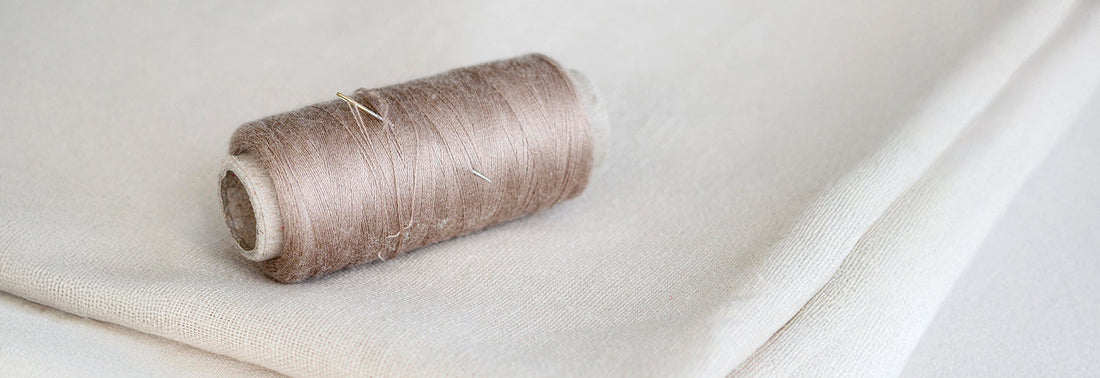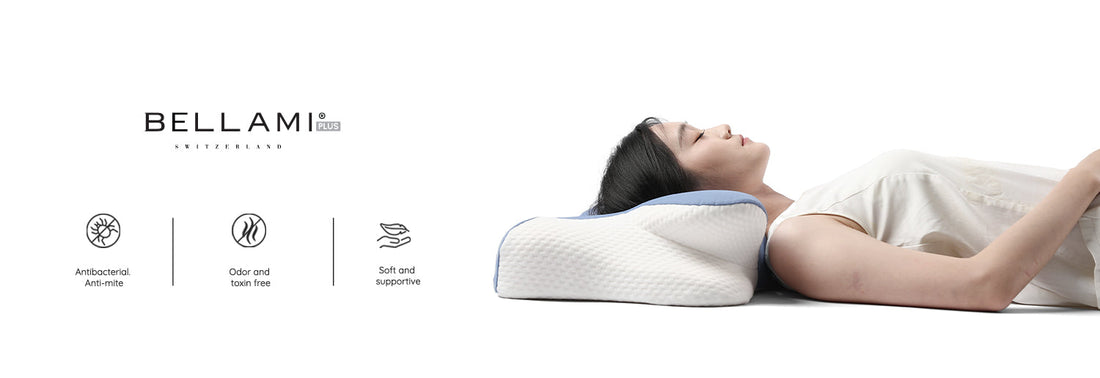Did you know that bedroom hygiene plays a significant role in the quality of your sleep? Keeping your bedroom clean and maintaining proper hygiene can help improve your overall well-being and ensure better, more restful nights. Here’s how you can improve your bedroom hygiene and enjoy a better night's sleep.
1️⃣ Protect and Clean Your Bed for Better Sleep
Your bed is where you spend a significant portion of your day, so it's important to keep it clean and hygienic.
Tips for Cleaning Your Bed:
-
Replace Pillows Regularly: It’s recommended to replace your pillows every two years. Consider using a pillow protector with a zip to provide an extra layer of protection.
-
Vacuum Your Mattress: Vacuum your mattress at least once every two months to remove dust, dirt, and allergens. Also, invest in a mattress protector to further protect your mattress and extend its lifespan.
-
Replace Your Mattress Every 10 Years: Even with a mattress protector, the average lifespan of a mattress is about 10 years. After that, it’s time to replace it.
-
Leave Your Bed Unmade: Leave your bed unmade for a few hours each day to let it air out and cool down. This helps reduce moisture, which can attract dust mites and bacteria.
-
Keep Pets Off the Bed: No pets in the bedroom or on the bed. Pet dander can contribute to allergies, and pets can bring in dirt and bacteria.
2️⃣ Improve Air Quality in Your Bedroom
Clean air is essential for a healthy sleep environment. Poor air quality can lead to discomfort and disturbed sleep.
Air Quality Tips:
-
Clean Air Filters: Wash the air filters of your air conditioning unit at least once every two months to ensure proper airflow and reduce allergens in the room.
-
Ventilate Your Room: Open your windows occasionally to allow fresh air to circulate and remove excess moisture. This helps prevent mold and dampness in the room.
3️⃣ Reduce Moisture to Prevent Mold Growth
Excess moisture in your bedroom can lead to mold, which can negatively affect your health and your sleep quality.
Moisture Control Tips:
-
Check for Condensation: After turning off the air conditioner, check your windows for condensation. Wipe away any moisture and check for signs of mold growth.
-
Keep Furniture Away from Walls: Avoid pushing furniture directly against the walls, as this can trap moisture and promote mold growth. Regularly check closets for any signs of mold.
-
Use a Dehumidifier: If you live in a high-moisture environment, a dehumidifier can help maintain optimal humidity levels (below 50%) in your bedroom.
-
Run a Bathroom Fan: Run a fan in your bathroom for 15 to 20 minutes after showering to remove moisture and reduce humidity levels in your home.
4️⃣ Clean Your Bedroom Floors Weekly
A clean floor contributes significantly to overall bedroom cleanliness and hygiene.
Floor Cleaning Tips:
-
Avoid Carpets: Carpets can trap dust mites and allergens. If possible, opt for hard flooring like wood or tile.
-
Vacuum Weekly: If you have carpet, make sure to vacuum weekly to remove dust, dirt, and allergens.
-
Professional Carpet Cleaning: If you have carpets, get them professionally cleaned by a certified company every two to three months.
-
Declutter Your Bedroom: Keep shoes and clutter out of the bedroom. Excess clutter can trap dust and affect the air quality.
Conclusion: Keep Your Bedroom Clean for a Better Night's Sleep
A clean and hygienic bedroom can make a huge difference in your quality of sleep. By following these simple bedroom hygiene tips, you can create a healthier, more comfortable sleep environment. Regular cleaning, moisture control, and ensuring good air quality will help you get the rest you need for a refreshed morning.
Start improving your bedroom hygiene today to experience better sleep tonight!




